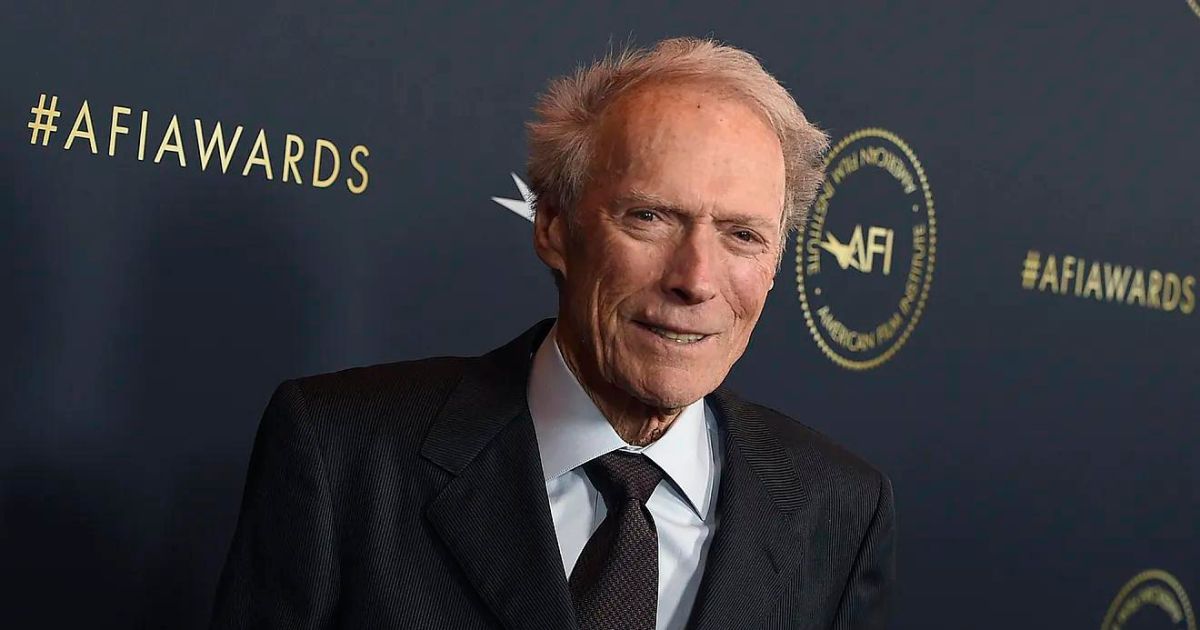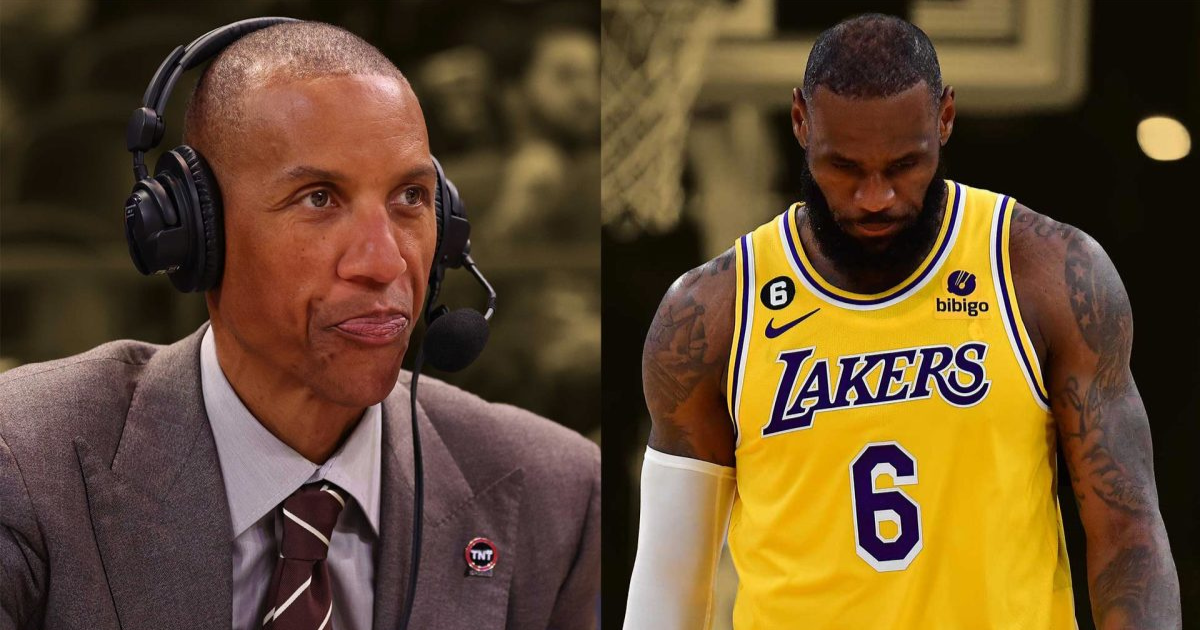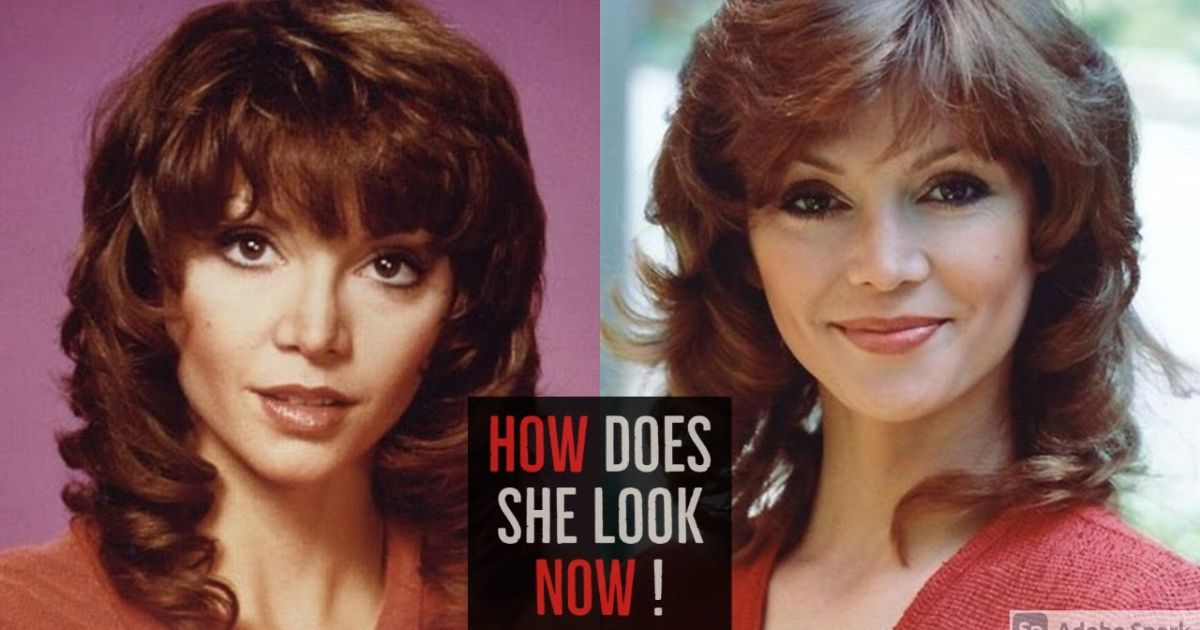The legendary actor and director feels that his way of seeing the world is now completely outdated and he is DONE MAKING MOVIES
Clint Eastwood, the iconic filmmaker and actor, has recently voiced concerns about the impact of modern political correctness on creating films like his classic body of works.
At the age of 93, Eastwood has hinted at retiring from directing, reflecting on the changing values and societal norms that he believes would pose challenges for the production of films like “Dirty Harry” in today’s world.
“We see people accusing each other of being racist and all sorts of things,” Eastwood said at the Cannes Film Festival in France. “When I grew up, those things weren’t called racist. Secretly, everyone is getting tired of political correctness.
“When I made Gran Torino, even my wife told me, ‘This is a really good script, but it’s politically incorrect.’ And I said, ‘Okay. Let me read it one more time and I will decide.’ The next morning, I walked in, threw it on his desk, and said, ‘We’re going to start this right away.'”
Eastwood’s own battle against political correctness
With this bold statement at the Cannes Film Festival, Eastwood remarked on the cultural shift since the debut of “Dirty Harry” in 1971, suggesting that the film’s content and themes would not be well-received in today’s society.
Eastwood’s stance against political correctness is not new. Throughout his career, he has been outspoken about the importance of free speech and artistic expression, often advocating for individuals to speak openly without fear of censorship or reprisal. He has faced criticism for using language that was considered acceptable during his youth but may be seen as insensitive today.
Despite differing opinions on his views, Eastwood remains a prominent figure in discussions surrounding freedom of speech and cultural norms. His body of work, includes great and notable films like “Gran Torino,” “Million Dollar Baby” “Mystic River” continue to provoke debate and reflection on societal values and the evolution of filmmaking in an increasingly complex world.





